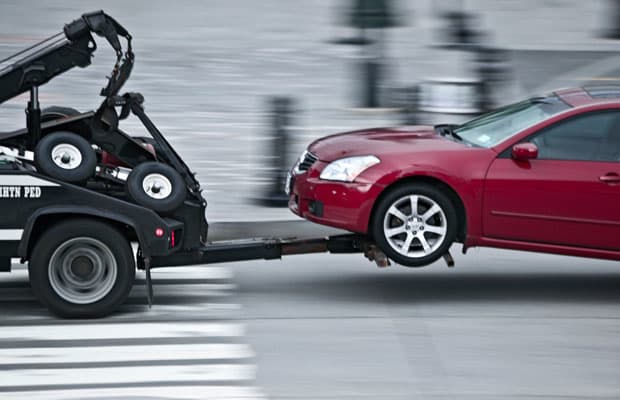
Filing for bankruptcy isn’t an easy decision or one that should be taken lightly. Once you’ve determined – with the help of a bankruptcy attorney – that this is the right step for you, many factors in your life may change. This includes child support payments you make or receive.
If you pay child support and you’ve filed for bankruptcy, what happens next? Or, if you receive child support and you file for bankruptcy, how does this work? These are a couple of questions we get from our clients.
The world of bankruptcy can be difficult to navigate, but we’re eager to help with any questions or concerns you might have. That’s why, today we’re going to cover Chapter 13 bankruptcy, Chapter 7 bankruptcy, and how bankruptcy affects child support payments received or made.
First, let’s discuss Chapter 13 and 7 bankruptcy and important points about both types of debt relief via bankruptcy.
Chapter 7 bankruptcy
When certain income requirements are met, an individual can file for Chapter 7 bankruptcy for total forgiveness of unsecured debts (i.e., those not secured by underlying assets). Some of these debts could include credit cards or medical bills. Not all property is protected under Chapter 7 bankruptcy, which means it could be sold to pay back creditors.
To determine whether you are eligible for a Chapter 7 or 13 bankruptcy, you’ll be subjected to what’s known as the means test. The 2005 amendments to the Bankruptcy Code made it more difficult to qualify for Chapter 7 bankruptcy. The means test involves a complex form regarding your income and expenses, one which is best completed with the guidance of an experienced bankruptcy attorney at your side. To learn more about a bankruptcy means test, have a look at this blog post.
Chapter 13 Bankruptcy
For individuals who earn too much to qualify for Chapter 7 bankruptcy, Chapter 13 may be filed. This requires the individual to pay back a certain amount of their debts. The return to creditors may be as little as pennies on the dollar or as much as payment in full. A number of factors impact the amount which must be paid to creditors in a Chapter 13 bankruptcy. For instance, you are permitted to retain non-exempt property in a Chapter 13 bankruptcy by paying the equivalent unprotected equity to creditors.
Filing for bankruptcy is never a decision that should be taken without serious consideration of the consequences ahead of time. To help you determine if this is the right next step for you, have a look at this post where we outline some of the pros and cons of filing for bankruptcy.
Priority Debts
State and federal court systems recognize child support payments as a type of priority debt. What does this mean? Child support debt is not dischargeable through bankruptcy, whether Chapter 7 or 13. This is done to ensure minor children are provided with what they need. Not only will child support debt not be forgiven upon filing for bankruptcy, but it is also prioritized over other kinds of debts meaning it will need to be repaid first in a Chapter 7 liquidation.
Now that we’ve covered some of the basics about Chapter 7 and 13 bankruptcies, let’s explore how they affect child support payments both for those who make these payments and for those who receive them.
For those obligated to pay child support
If you pay child support and you’ve filed for Chapter 7 or 13 bankruptcy, you’ll be obligated to continue paying child support payments.
Ordinarily once you have filed bankruptcy, then you are protected by the automatic stay. The automatic stay stops creditors and collection agencies from continuing any debt collection efforts. However, enforcement and/or collection of child support payments are not subject to bankruptcy’s automatic stay.
Those that file a Chapter 13 bankruptcy must timely make all child support payments that come due after the bankruptcy case is filed.
– The Court will not confirm your Chapter 13 plan if you are not current on your post-filing child support payments.
– You will not receive a bankruptcy discharge upon completion of your Chapter 13 plan payments if you did not also make all of your post-filing child support payments that came due during the bankruptcy case.
For those entitled to child support payments
If you receive child support and file a Chapter 7 bankruptcy, then the income you receive AFTER filing is yours to keep – unless you owed it before you filed. As for the income you received before filing, this money is part of your bankruptcy estate and subject to liquidation by the Chapter 7 Trustee unless protected by an exemption. Many states have an exemption for child support income.
We cover bankruptcy exemptions more in depth on our blog. Have a look at part one and part two of this critical information to get a basic understanding of how it works in Florida.
Bankruptcy help in Stuart, florida
We know bankruptcy can be a confusing path to navigate. If you live in and around the Treasure Coast, contact The Law Office of Brent M. Myer, PLLC in Stuart, Fl. for legal help.
Brent has more than 15 years of consumer bankruptcy experience and has represented both debtors and creditors. He has also represented a Chapter 13 Trustee for more than five years. Today, he’s committed to representing those in need of bankruptcy relief so contact us today for a free consultation.


